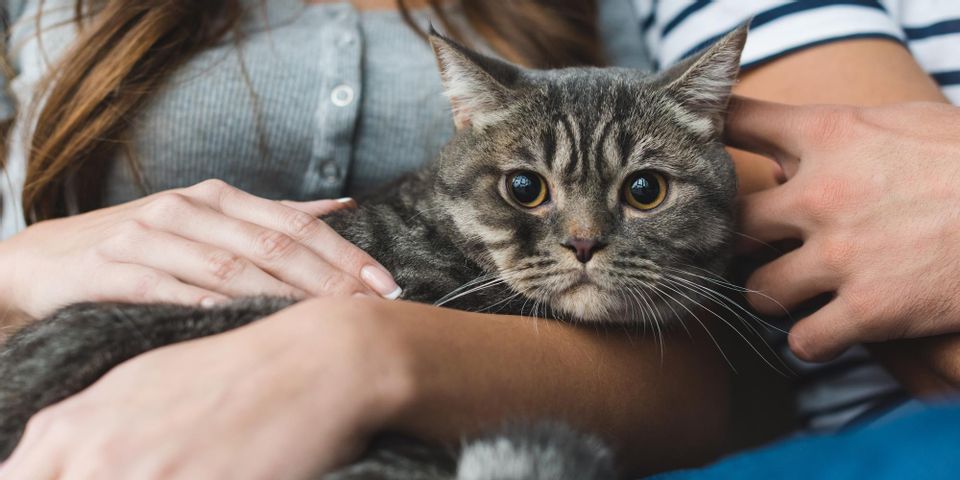
Feline leukemia virus (FeLV) and feline immunodeficiency virus (FIV) are two types of diseases that are infectious among cats. While both are viruses that can leave your cat susceptible to life-threatening conditions, it’s important to understand the differences and how to best protect your feline friend from infection. Here is a veterinarian’s guide to everything you need to know about FeLV and FIV.
What Are FeLV & FIV?
 FeLV and FIV are untreatable retroviruses that affect cats. FIV is commonly transmitted through saliva, so a cat may get infected after being bitten by another infected cat. FeLV may be transmitted through saliva, urine, feces, and milk.
FeLV and FIV are untreatable retroviruses that affect cats. FIV is commonly transmitted through saliva, so a cat may get infected after being bitten by another infected cat. FeLV may be transmitted through saliva, urine, feces, and milk.
What Are the Symptoms?
Both diseases show no symptoms in their earliest stages. The progression of each disease is also unpredictable; while some cats may become sicker over the years, some may experience random bouts of illness. Symptoms associated with FeLV may include anemia and slow healing, while FIV can cause symptoms such as gum inflammation, diarrhea, and weight loss.
How Are They Treated?
There is no known cure for either disease. Your veterinarian must treat and control the individual symptoms rather than the virus itself. Cats diagnosed with FeLV or FIV must also stay indoors to prevent exposure to other cats.
What Is the Best Prevention Method?
Vaccines are the recommended method for prevention against FeLV, and it is recommended that cats receive this vaccination while they are still young. While FIV vaccines do exist, they are not recommended for indoor cats, as the efficacy is still unknown.
When it’s time to schedule your cat’s routine exam, turn to the team of dedicated veterinarians at Pet Center Ltd. They have provided compassionate, high-quality care to animals throughout Columbia, MO, for 30 years. From wellness exams and dental care to pain management and parasite prevention, they have the expertise and services needed to ensure your pet leads a happy and healthy life. Call (573) 445-3000 to schedule an appointment with a veterinarian, or visit the website to learn more about their clinic.
About the Business
Have a question? Ask the experts!
Send your question

